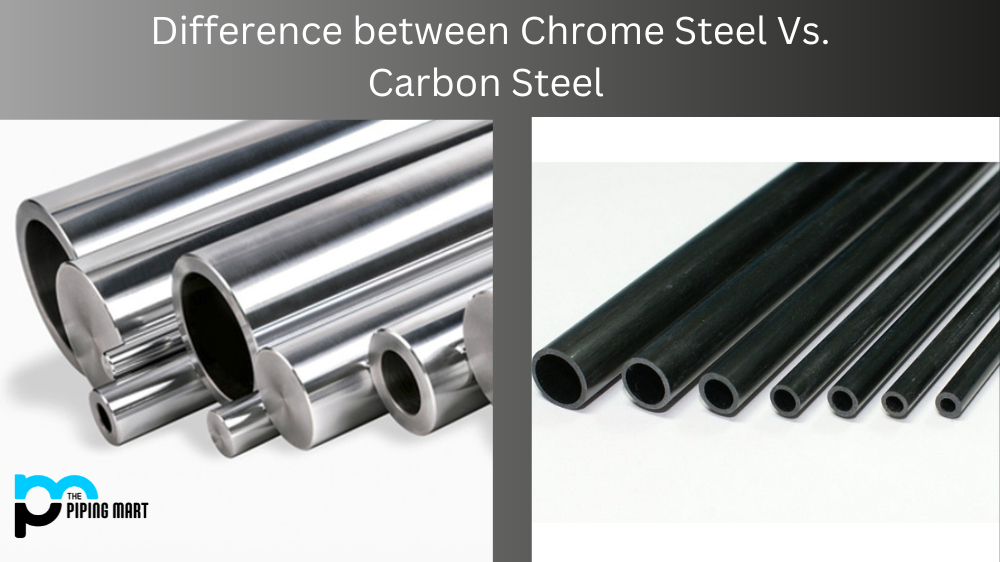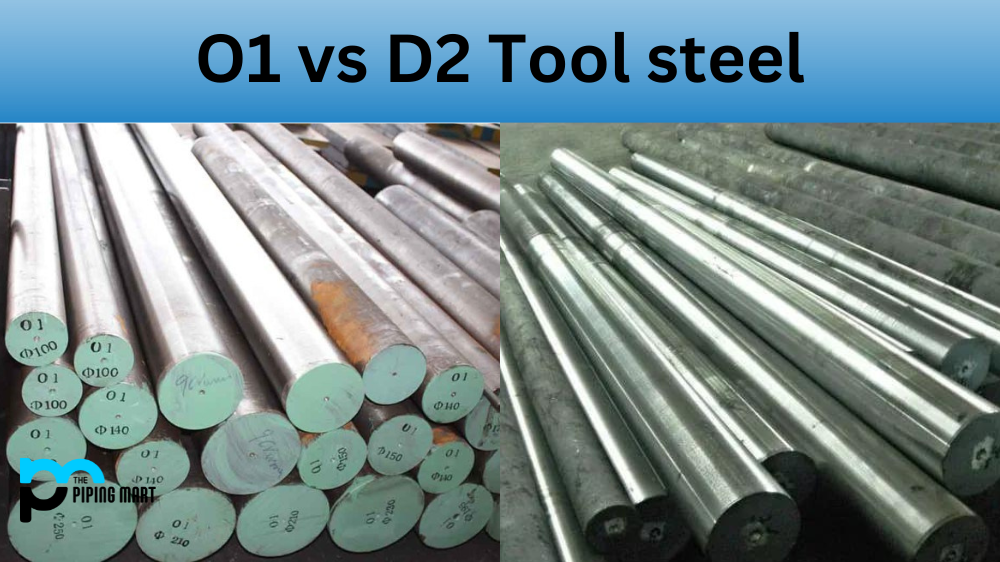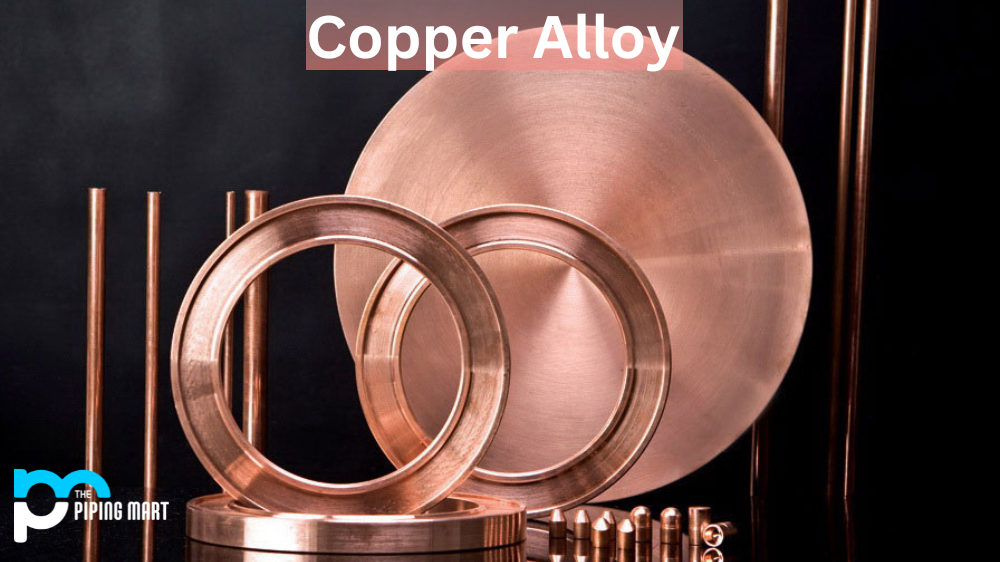Stainless steel is a popular material in the modern world. It’s used in jewellery, kitchen appliances, and countless other items. One of the most common types of stainless steel is 316L, which is often used for medical equipment due to its non-corrosive and non-staining properties. But one question often arises whether this type of stainless steel is magnetic. Let’s find out!
What Makes Stainless Steel Magnetic?
Stainless steel contains iron, nickel, and other metals, which can become magnetic when exposed to an external magnetic field. This means that stainless steel can be attracted to magnets, but not all types will be. The amount of magnetism depends on the composition of the stainless steel alloy.
Is 316L Stainless Steel Magnetic?
316L stainless steel is a non-magnetic grade that contains low levels of carbon. As such, it cannot be magnetized like other grades that contain more carbon, such as 410 and 430. However, it can become slightly magnetic when exposed to extremely strong magnetic fields such as those found in MRI machines. Additionally, some pieces may contain trace amounts of ferrite, which could cause them to be slightly magnetic when exposed to a powerful external field.
Benefits Of Non-Magnetic 316L Steel
Because it does not contain any ferrite or other elements which can become magnetic, many people prefer using 316L for medical purposes since there won’t be any interference with medical equipment or other materials used in the same environment (such as pacemakers). Additionally, this type of stainless steel is highly resistant to corrosion and staining, so it’s often chosen for jewellery making or other applications where aesthetics are essential.
Conclusion:
In conclusion, 316L stainless steel is not typically considered a magnetic material due to its low carbon content levels; however, it can become slightly magnetic when exposed to specific strong external fields such as those found in MRI machines. This makes it ideal for medical applications where interference with sensitive equipment needs to be avoided. Furthermore, its resistance to corrosion and staining makes it an excellent choice for items that need to look good over time, such as jewellery or kitchen appliances!
Meet Heer, a dynamic and driven writer learning tricks of her trade in the metal industry. With a background in Digital Marketing, Heer brings a unique perspective to her writing, sharing valuable insights. Apart from blogging she like reading and hiking.




